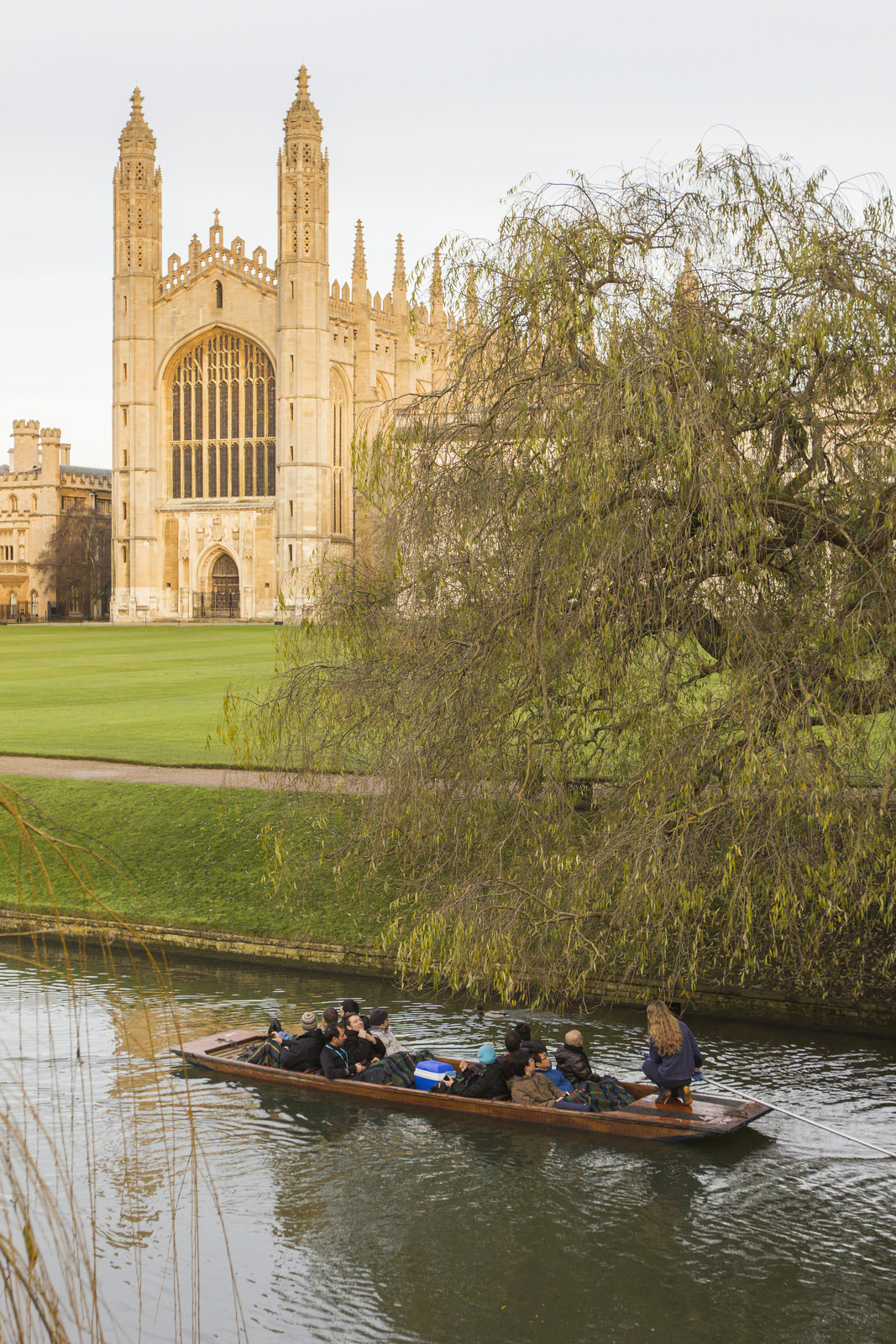| Deadlines force me to write this before the State of the Union address, but the expectation is that much of what President Obama says will have all the practical effect of a promise from a department store Santa Claus. Nothing actually will happen unless somebody else acts. It may be a ridiculous stretch to equate Congress with levelheaded and wise parents, but thanks to the sheer force of political opposition, elected representatives, in this case, will be good enough to bar the door to more expensive programs. But in the case of the president’s hope of providing “free” tuition for earnestly striving students at community colleges, it’s important to note that such initiatives are best left to states. Otherwise, all sorts of complications can arise. Utah provides a couple of examples. During a combined KSL-Deseret News editorial board meeting last week, I asked Utah Valley |
| | University President Matt Holland for his thoughts on the “free” tuition plan. He noted that UVU, like some other state universities, provides both four-year degrees and two-year associate degree programs. It is both a traditional university and a community college. The question, he said, is will “this interesting hybrid animal will get left out of the party?” If so, “that could be really damaging to our mission.” UVU accepts virtually all comers, but its community college function attracts students who otherwise might not attend college. “One of the things I love about it is that it brings students in on a community college basis who then look around and say, you know, I really could finish this and do a four-year degree,” Holland said. So, would a federally funded “free” tuition program (actually, Obama’s plan has the feds and states splitting the costs, 75-25) provide the benefit to students who attend such a school? What would it do to a student who, say, finishes one year of an associate degree program and then decides to change focus toward a four-year degree? If such a decision meant losing “free” tuition, has the government just provided a good student an incentive not to pursue a higher degree? Utah may have been one of the first state’s to invent such a “hybrid animal,” but it is hardly alone. More and more universities are beginning to offer two-year degrees. And what about the students who obtain an associate degree on a lower level? Both charter and regular public high schools offer concurrent enrollment programs. Ambitious students use these to earn associate degrees at the same time they receive their high school diplomas. Students who do this pay a one-time registration fee, plus the costs of any books or lab fees. Traditional tuition fees are absorbed by the institutions. With Utah schools strapped for cash, wouldn’t fairness dictate that Washington provide some sort of tuition reimbursement for the cost of providing a degree that otherwise would be subsidized? As usual, states are way ahead of Washington on this one. Obama’s inspiration for the community college plan came from Tennessee, where later this year students will be eligible for free tuition in a two-year program or at a technical school. The difference between this program and the one Obama hopes to persuade Congress to approve is that Tennessee seeks only to pay the difference after a student has applied for Pell grants and other scholarships. As critics of Obama’s plan have noted, low-income people already are eligible for federal assistance that makes the cost of a two-year program negligible, if not free. Tennessee’s program also assigns a mentor to each student to help with the college admissions process. It also derives part of its funding from non-profit partners, making it less of a burden on taxpayers. Tennessee is trying to equip 55 percent of its adult population with a college degree or certificate by 2025. Utah has a similar, although more ambitious goal. It wants to get 66 percent of its adults at this level by 2020. Frankly, Tennessee’s plan is innovative and a step forward, although it doesn’t address the typically high dropout rates at community colleges. But its unique aspects argue loudly for such initiatives to happen on a state level, not in Washington. |


 RSS Feed
RSS Feed

